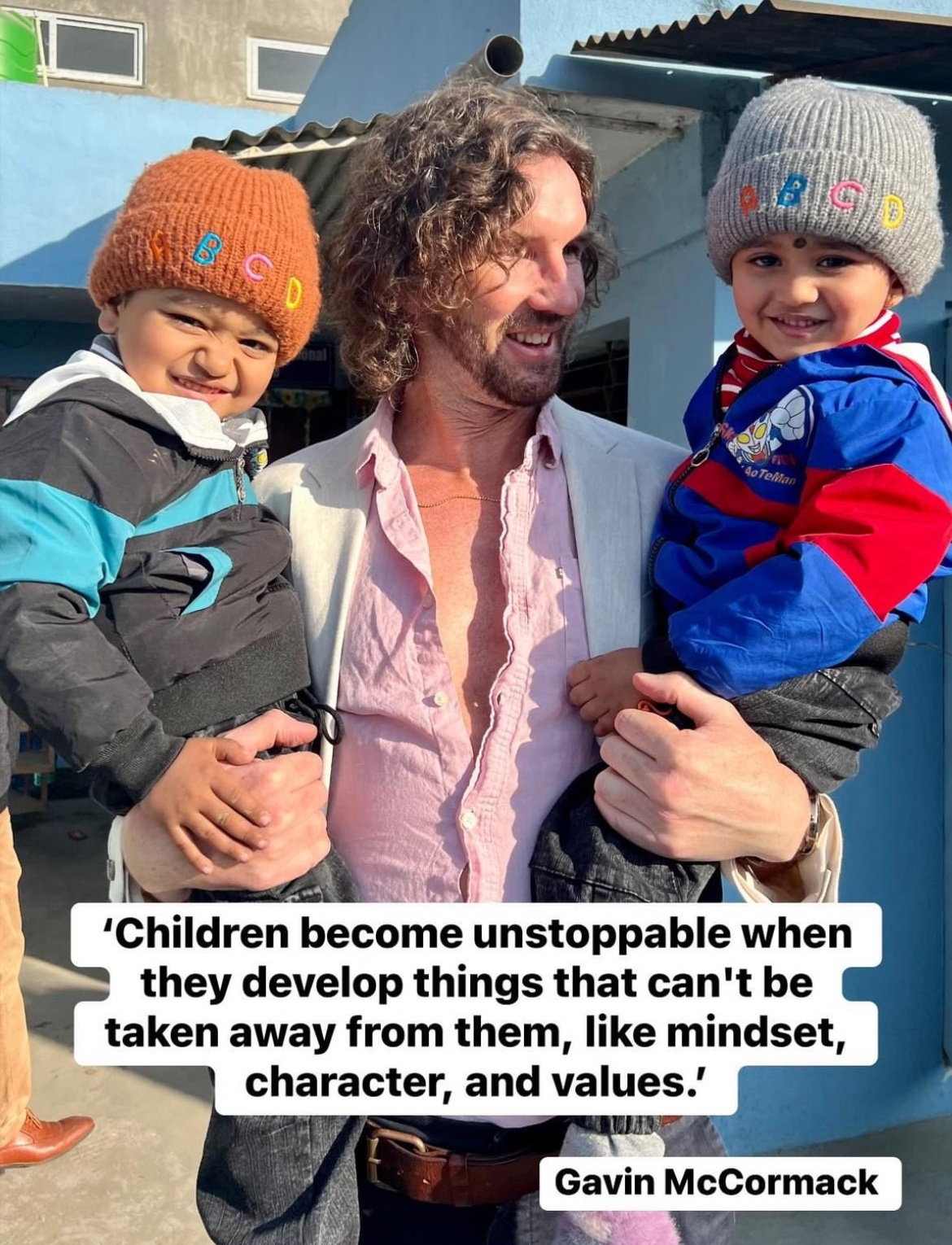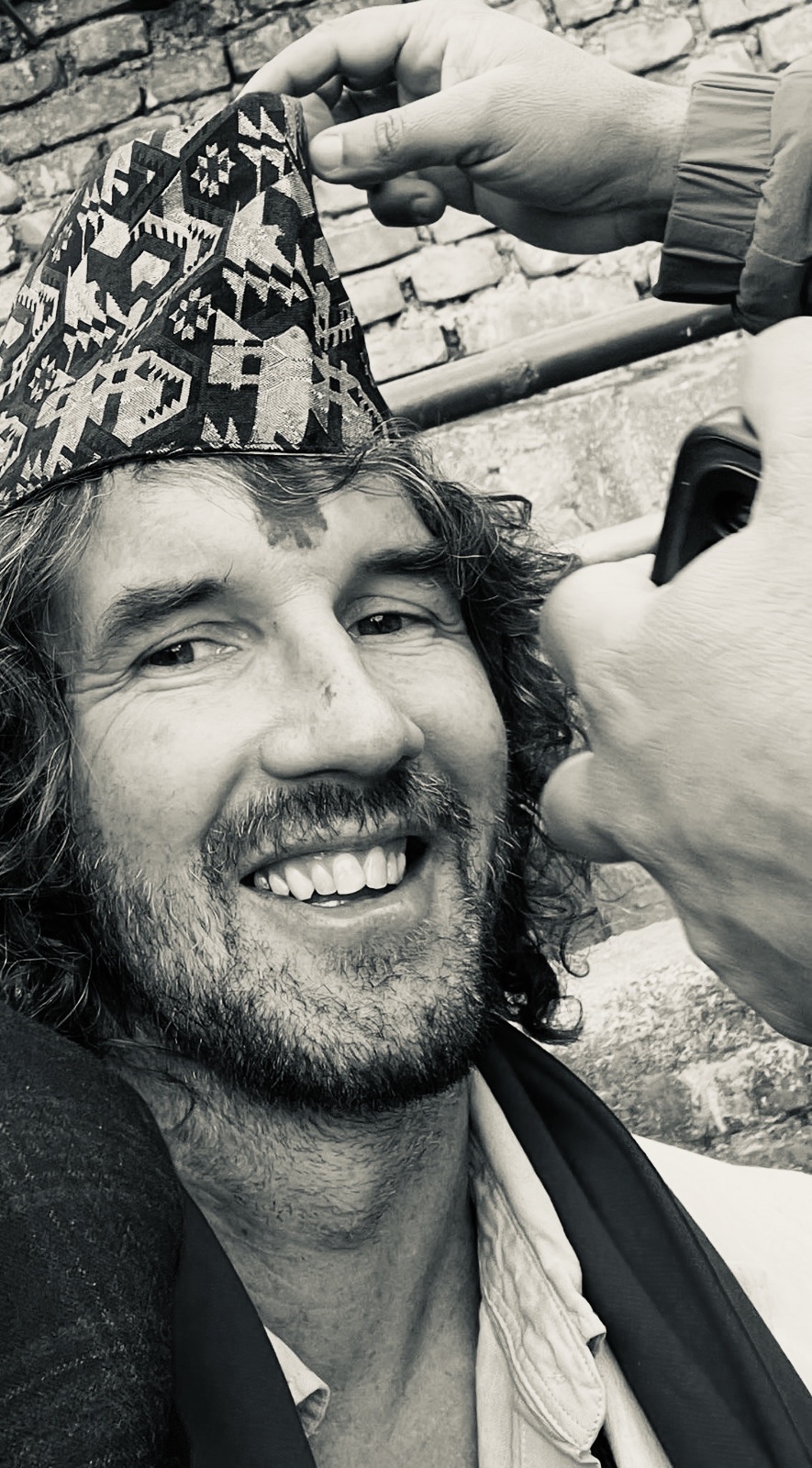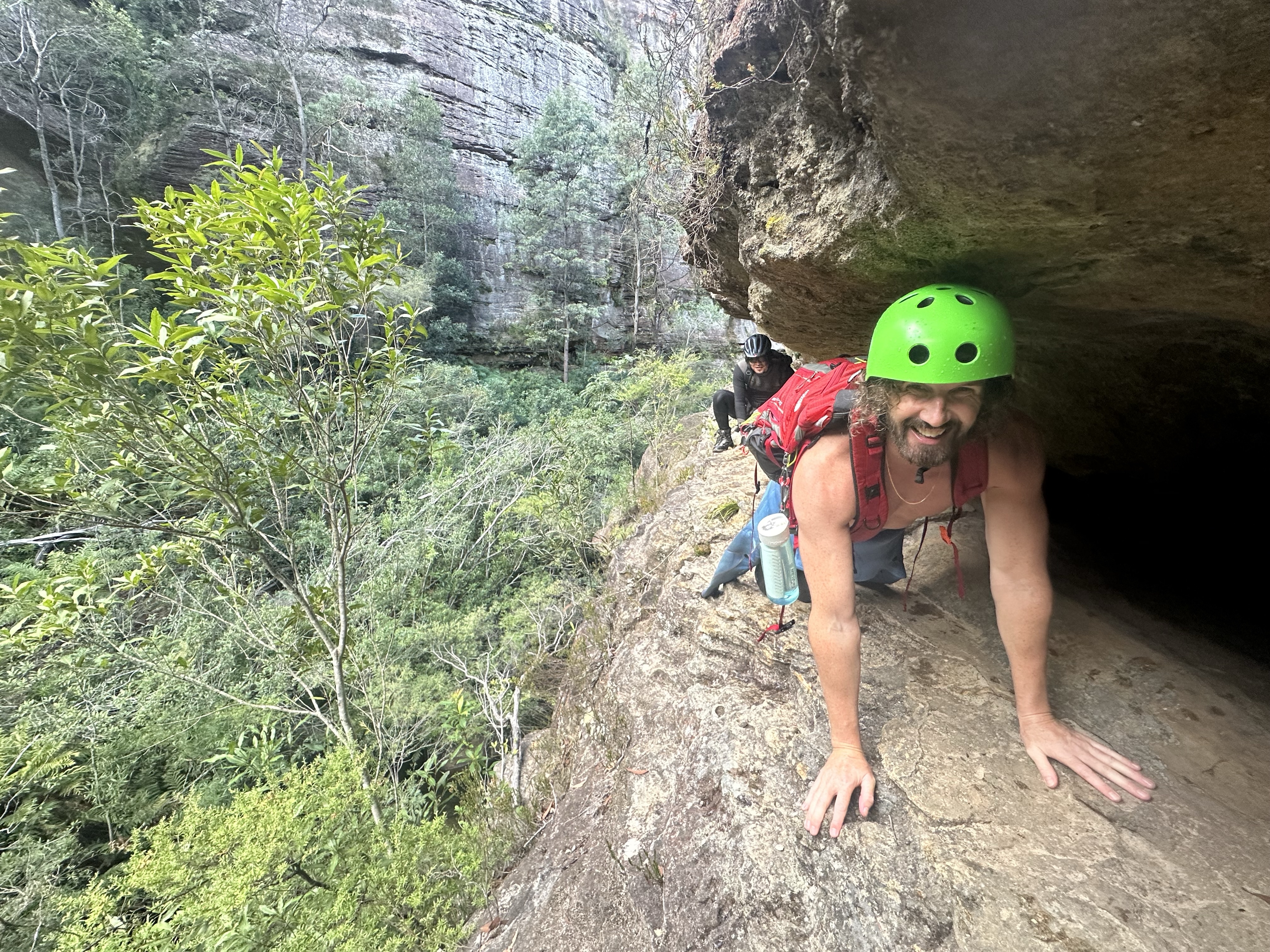As the world evolves, our educational approach must also adapt, inspiring stewardship and understanding of global challenges.

I’ve crafted curriculum outcomes that blend primary school subjects with real-world activities, fostering curiosity and a proactive mindset in young learners.
- The study of rainforests – Let’s build a classroom mini-rainforest to explore biodiversity and promote ecosystem conservation.
- The study of writing letters – Let’s impact future policies by writing persuasive letters to leaders about environmental or social issues.
- The study of insects – Let’s create a habitat for beneficial insects to promote local biodiversity.
- The study of history – What can we learn from historical events to improve community cohesion and peace?
- The study of the food chain – Let’s adopt a local endangered species and start a campaign to protect it.
- The study of maps – Let’s explore the impacts of climate change on different continents using interactive map projects.
- The study of basic plants – Let’s cultivate a garden with plants from around the world, focusing on their roles in sustainable agriculture.
- The study of local weather – Let’s build weather stations to understand climate patterns and their effects on our environment.
- The study of simple machines – Let’s engineer solutions to improve water and energy efficiency in our community.
- The study of counting and numbers – Let’s analyze data on recycling rates and set goals for waste reduction.
- The study of community helpers – Let’s explore how people around the world help improve community well-being and resilience.
- The study of basic materials – Let’s investigate how everyday materials can be recycled or reused creatively in art projects.
- The study of stories and fables – Let’s share stories from various cultures that teach lessons about community and cooperation.
- The study of water cycles – Let’s design experiments to clean water using natural filters, learning about sustainable living practices.
- The study of world populations – Let’s look at population distribution and discuss how urban planning can address housing and sustainability challenges.
- The study of ecosystems – Let’s restore a small section of a local park, linking it to the role ecosystems play in human well-being.
- The study of cultural studies – Let’s hold a festival to celebrate global cultures and their approaches to sustainable living.
- The study of physics – Let’s discover renewable energy sources through simple experiments.
These projects encourage real-world application, teamwork, and problem-solving, emphasizing the role of education in shaping informed, proactive citizens ready to face global challenges. This approach makes learning relevant and essential for today’s interconnected world.
Which one will you try?








